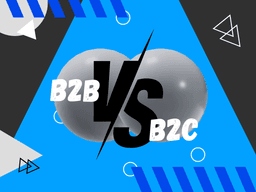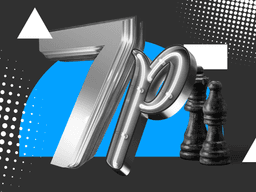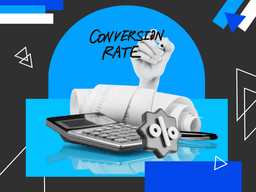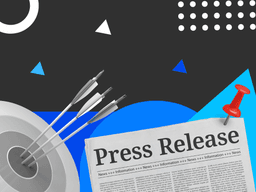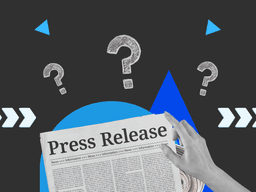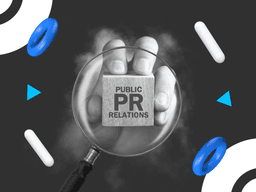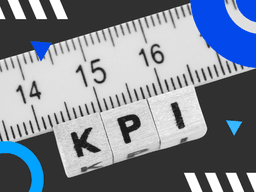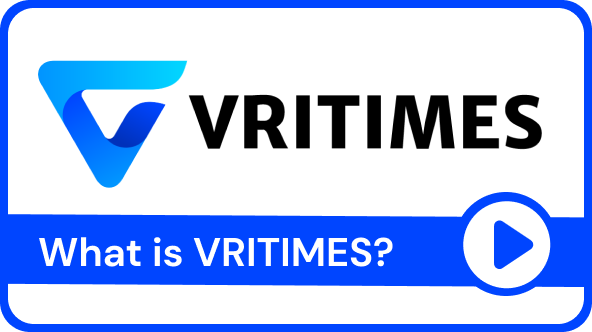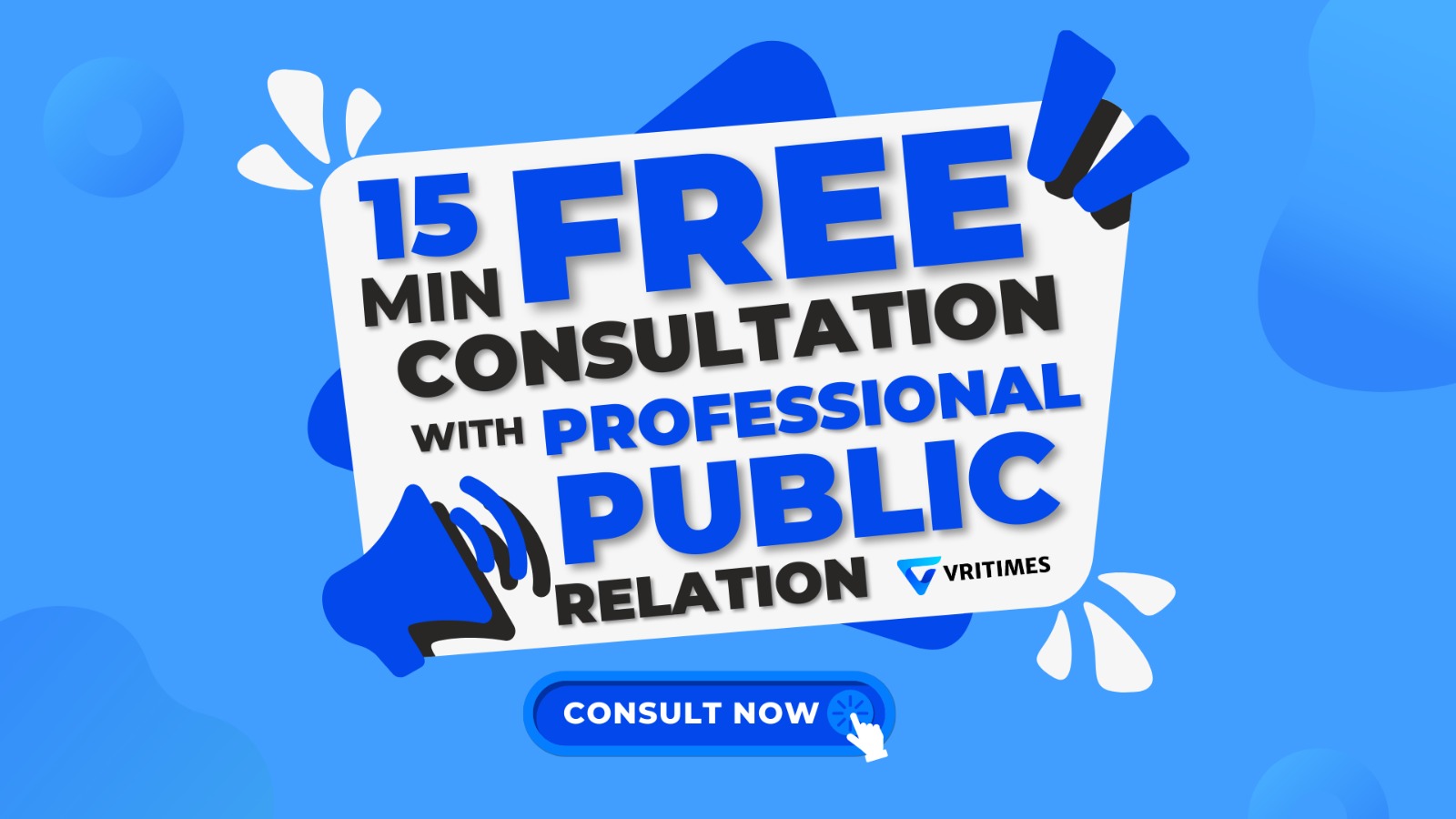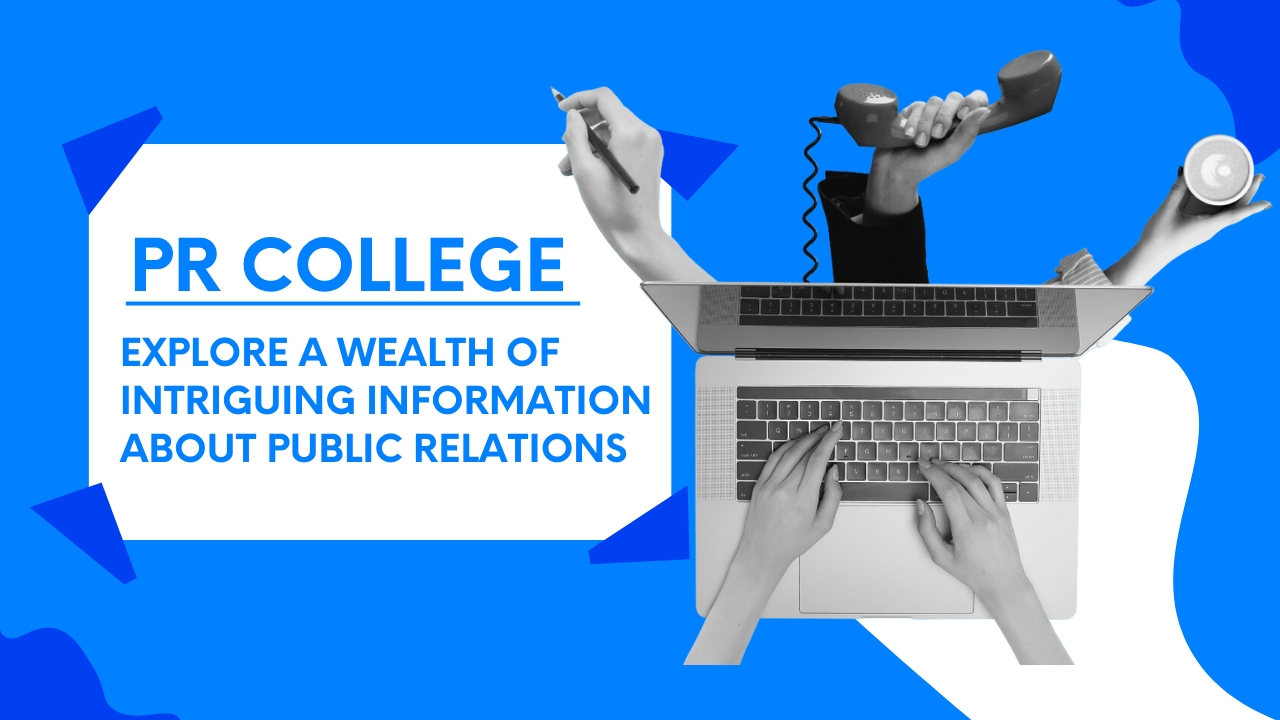/ Navigating the Challenging Terrain of Ethical Concerns in the Changing Landscape of Media Relations
Navigating the Challenging Terrain of Ethical Concerns in the Changing Landscape of Media Relations
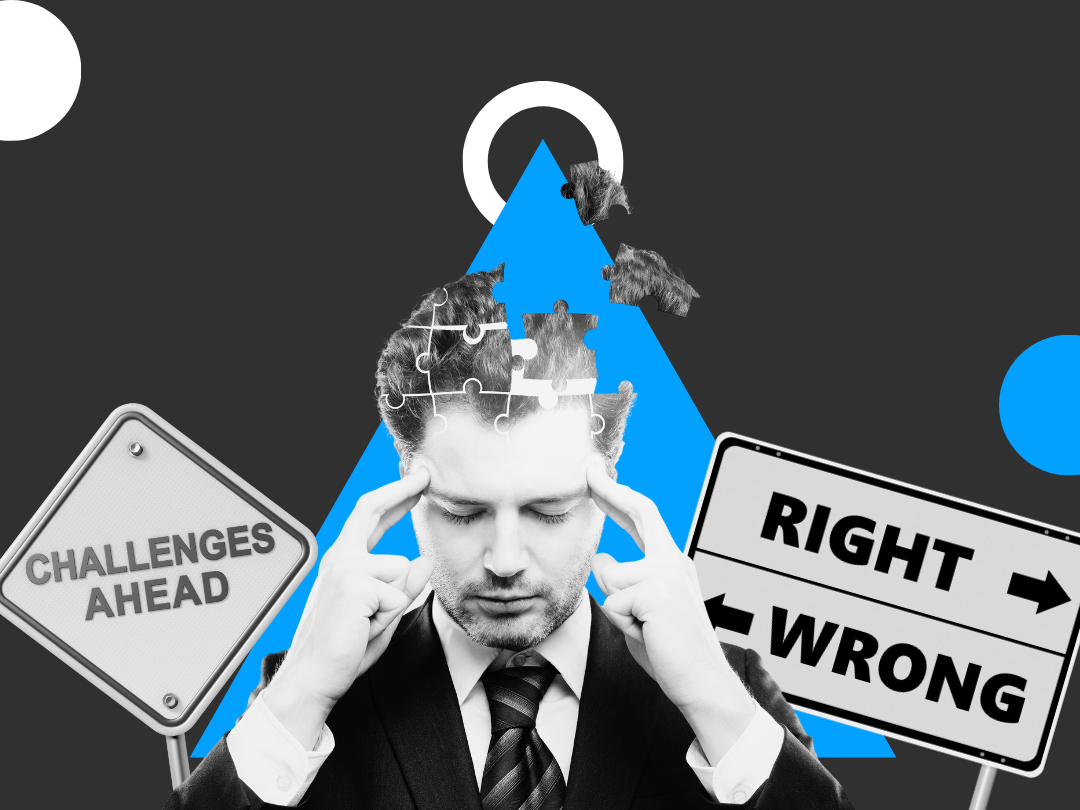
In the fast-paced business of PRs, where the lines between truth and persuasion sometimes blur, ethical problems take center stage, particularly in media relations. PRs experts exert tremendous influence over information transmission as middlemen between organizations and the media. This key function comes with ethical problems that necessitate a delicate balance between fulfilling clients' interests and maintaining media integrity.
1. The Transparency Tightrope
Maintaining transparency is one of the most urgent ethical concerns in media relations. The temptation to inflate or selectively convey information might be alluring in an age of clickbait headlines and sensationalism. PRs experts, on the other hand, must walk carefully, understanding that their credibility is dependent on truthful depiction. A lack of openness not only undermines confidence between media outlets and PRs professionals, but it can also diminish public trust in the organizations they represent.
Consider the launch of a new medicine by a pharmaceutical company. The PRs staff must walk a delicate line between emphasizing the drug's potential benefits and downplaying any adverse effects. Ethical integrity requires them to offer all essential information to journalists, allowing the media to portray a balanced and informed narrative to the public.
2. Respecting Boundaries: Off the Record and Confidentiality
Off-the-record interactions are common in media relations, where information is exchanged with the expectation that it will not be published. Both parties must be ethically mature in order to engage in this practice. PRs practitioners must exercise caution when employing the off-the-record privilege as a tool for manipulation. Journalists, on the other hand, must maintain the requested confidentiality while building a trusting environment.
For example, during labor-union-corporate talks, the PR staff may engage in off-the-record discussions to clarify sensitive issues. While this method can aid comprehension, it should never be used to influence the media or hide important information from the public.
3. Managing the Impact of Money and Power
Advertising and sponsored content have blurred the distinction between news and promotional material in today's media landscape. PRs practitioners working in this climate must be alert in distinguishing paid placements from objective reportage. The ethical responsibility is to protect the integrity of news while also taking into account the financial realities of media enterprises.
The integration of influencer marketing into media relations is a continuous example of this ethical balancing act. To market their products, brands frequently work with social media influencers. While this is a viable technique, both PR professionals and influencers must openly declare their collaboration. Failure to do so may lead to audience misinformation and jeopardize the credibility of all parties involved.
4. Balancing Client and Public Interests
The balance between furthering client interests and serving the wider public good is perhaps the most difficult ethical dilemma in media relations. PRs specialists are hired to advocate for their clients, but they must also understand when those interests conflict with the general public's well-being. Maintaining ethical integrity necessitates the resolve to confront such conflicts and, if necessary, help customers toward a more responsible course of action.
Consider a scenario in which an energy corporation intends to downplay environmental concerns about a new project. The PRs team is faced with a moral quandary: whether to prioritize the client's financial interests or to fight for open discussion about potential environmental repercussions. In such cases, ethical practitioners would advise the client on the need of addressing these issues openly.
5. Conclusion
For PRs specialists, ethical considerations in media interactions are a constant and complicated task. The intricate interplay of truth, persuasion, and responsibility necessitates practitioners being careful defenders of integrity. PR practitioners may uphold their ethical responsibilities while navigating the ever-changing environment of media relations by valuing openness, respecting boundaries, navigating financial influences, and balancing opposing interests. In an era when public trust is at stake, ethical media relations behavior is more than a choice; it is a requirement that molds the fundamental cornerstone of a credible and effective PRs strategy.

